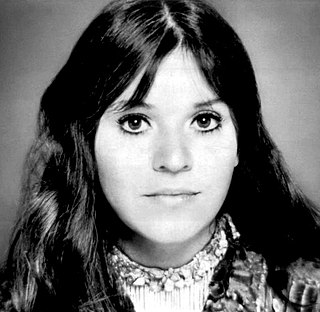
Melanie Anne Safka Schekeryk, professionally known as Melanie or Melanie Safka, was an American singer-songwriter.
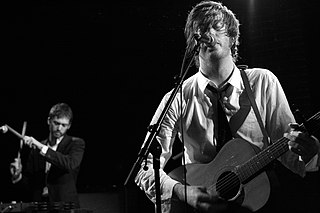
Okkervil River is an American rock band led by singer-songwriter Will Sheff. Formed in Austin, Texas, in 1998, the band takes its name from a short story by Russian author Tatyana Tolstaya set on the river Okkervil in Saint Petersburg. They began as a trio made up of Sheff and friends he had met in his native state of New Hampshire but, over time, have gone through many lineups.
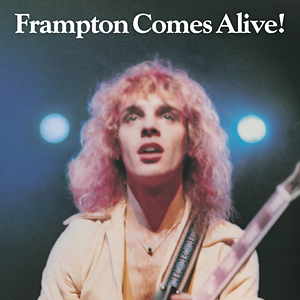
Frampton Comes Alive! is a double live album by the English musician and songwriter Peter Frampton, released in 1976 by A&M Records. Following four studio albums with little success and sales, Frampton Comes Alive! was a breakthrough for Frampton and is one of the best-selling live albums ever. "Show Me the Way", "Baby, I Love Your Way", and "Do You Feel Like We Do" were released as singles; all three reached the top 15 on the US Billboard Hot 100, and frequently receive airplay on classic rock radio stations.
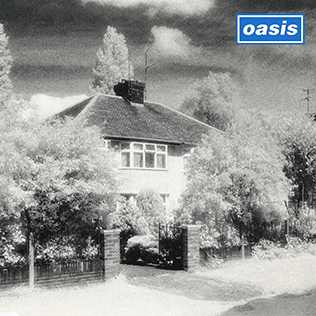
"Live Forever" is a song by the English rock band Oasis. Written by Noel Gallagher, the song was released as the third single from their debut album Definitely Maybe (1994) on 8 August 1994, just prior to that album's release. Gallagher began writing the song in 1991, before he joined Oasis.
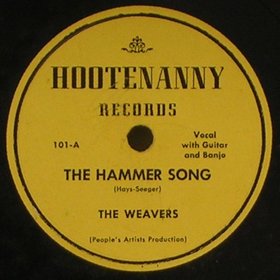
"If I Had a Hammer " is a protest song written by Pete Seeger and Lee Hays. It was written in 1949 in support of the Progressive movement, and was first recorded by the Weavers, a folk music quartet composed of Seeger, Hays, Ronnie Gilbert, and Fred Hellerman. It was a #10 hit for Peter, Paul and Mary in 1962 and then went to #3 a year later when recorded by Trini Lopez in 1963.
"Turn! Turn! Turn!", also known as or subtitled "To Everything There Is a Season", is a song written by Pete Seeger in 1959. The lyrics – except for the title, which is repeated throughout the song, and the final two lines – consist of the first eight verses of the third chapter of the biblical Book of Ecclesiastes. The song was originally released in 1962 as "To Everything There Is a Season" on the folk group the Limeliters' album Folk Matinee, and then some months later on Seeger's own The Bitter and the Sweet.
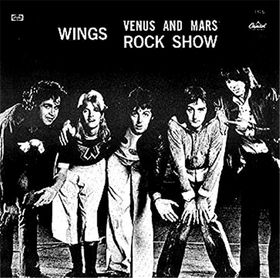
"Venus and Mars"/"Rock Show" is a medley of two songs written by Paul and Linda McCartney and originally performed by Wings that make up the first two songs of the album Venus and Mars. The single was released in the United States on 27 October 1975 and in the United Kingdom on 28 November 1975. The B-side is "Magneto and Titanium Man", another track from the album. The single version is considerably shorter than the album version of the songs; in the single "Rock Show" is cut by more than 3 minutes and "Venus and Mars" is cut by a few seconds. "Venus and Mars/Rock Show" peaked at number 12 on the Billboard Hot 100 in the US, but did not chart on the UK singles chart, the first McCartney penned single to do so. In the book The Rough Guide to the Beatles, Chris Ingham praised both songs, describing "Venus and Mars" as "atmospheric" and "Rock Show" as "barnstorming".
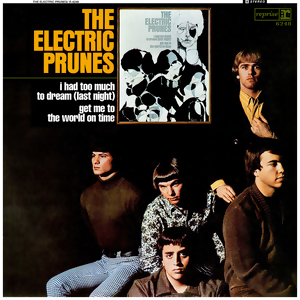
The Electric Prunes, sometimes referred to as I Had Too Much to Dream (Last Night), is the 1967 debut album by the American garage rock band, the Electric Prunes, released on Reprise Records. The first track, "I Had Too Much to Dream (Last Night)", was a hit and became the band's signature tune. The album also contains another notable psychedelic rock composition, "Get Me to the World on Time". The album was listed in the book 1001 Albums You Must Hear Before You Die.
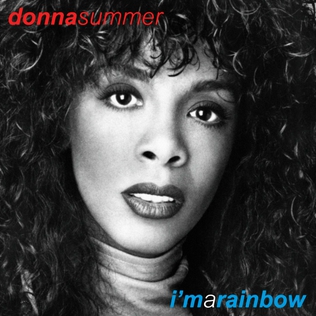
I'm a Rainbow is the ninth studio album recorded by American singer-songwriter Donna Summer. The album was recorded in 1981 and scheduled to be released on October 5 of that year but was shelved. It was not released until fifteen years later, on August 20, 1996 by Casablanca and Mercury Records. There was no promotion for the album. No singles or music videos were released. AllMusic gave the album a positive review, naming it her most personal record.
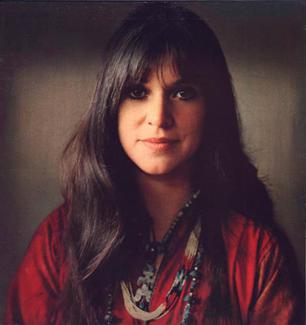
Photograph is an album released by American singer Melanie in 1976, her only release on Atlantic Records. The album contains "Cyclone" which was released as a single.

The Good Book is a 1971 album released by Melanie and featuring the Top 40 hit "Nickel Song". The album also features "Birthday of the Sun", a track Melanie originally performed at Woodstock in 1969.
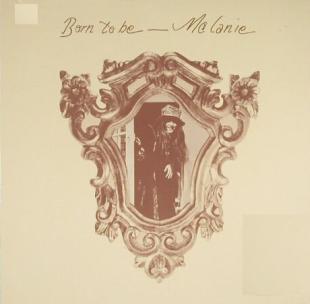
Born to Be is the debut album by singer Melanie, released on Buddah Records in 1968.

Madrugada is a 1974 album released by Melanie featuring the singles "Lover's Cross" and "Love to Lose Again". In November 1973, "Will You Love Me Tomorrow" became a Top 40 hit in the United Kingdom and was subsequently added to the British release of the album.

Leftover Wine is a live album released by Melanie in 1970 on the Buddah label. Production and arrangements were conducted by her husband, Peter Schekeryk. The album was recorded at Carnegie Hall in New York City, except for the closing track "Peace Will Come", which was a studio recording that was released as a single to promote the album.

Big Daddy Weave is an American contemporary Christian band from Mobile, Alabama. Formed in 1998, the band is composed of Mike Weaver, Joe Shirk, Jeremy Redmon, Brian Beihl, and Raul Alfonso. Since 2021, they have been signed to Curb Records.

"Believe" is a song written by Ronnie Dunn and Craig Wiseman, and recorded by American country music duo Brooks & Dunn. It was released in October 2005 as the second single from their album Hillbilly Deluxe, and it won the Country Music Association's 2006 awards for Single of the Year, Song of the Year and Music Video of the Year. Rolling Stone ranked "Believe" No. 33 on its list of the 40 Saddest Country Songs of All Time in 2019.
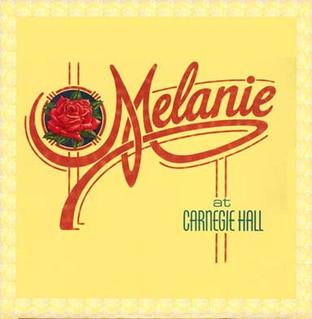
Melanie at Carnegie Hall is a 1973 double album released by Melanie and the second concert record after the release of Leftover Wine in 1970. The album contains material from Melanie's Carnegie Hall concerts of February 2 and 3 in 1973.
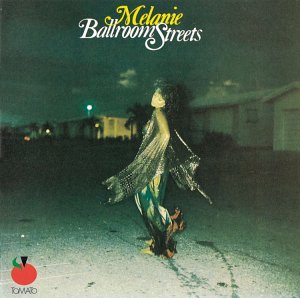
Ballroom Streets is a 1978 double album released by Melanie. The album is essentially a live album but recorded in the studio with a small audience. It mixed new recordings of old songs with some new songs and featured the vocals of the Persuasions. When first issued on CD in 1989, it did not contain "Holding Out", "Any Guy", "Groundhog Day" and "Friends and Company". There was a promotional only 12-inch single with the songs "Cyclone " and "Running After Love" [Tomato TOM 12D-0004] distributed at the time of the album's release.
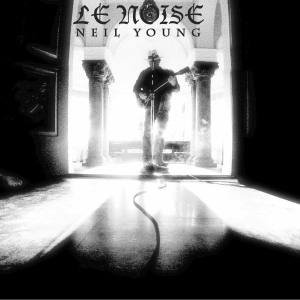
Le Noise is the 32nd studio album by Canadian / American musician Neil Young, released on September 28, 2010. The album was recorded in Los Angeles and produced by Daniel Lanois, hence the titular pun. The album consists of Young performing solo, mostly on electric guitar with echo effects, distortion and feedback. The sessions coincided with the death of two of Young's longtime collaborators, filmmaker L.A. Johnson and steel guitarist Ben Keith, influencing some of the lyrics. Lanois also experienced a near-fatal motorcycle accident during recording. The album is the first collaboration between the two Canadians.
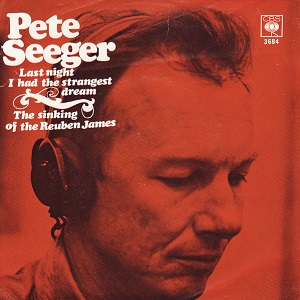
"Last Night I Had the Strangest Dream" is a song written by American folk singer-songwriter Ed McCurdy in 1950. Due to McCurdy's connection with fellow musicians, it was common in repertoires within the folk music community. The song had its first album release when Pete Seeger recorded it as "Strangest Dream" for his 1956 album Love Songs For Friends & Foes. Seeger would later re-visit the song for his 1967 album Waist Deep in the Big Muddy and other Love Songs. The strong anti-war theme of the song led it to be recorded by multiple other artists, including The Weavers (1960), Joan Baez (1962), The Kingston Trio (1963), Simon & Garfunkel (1964), and Johnny Cash who released two versions of the song during the 2000s.


















